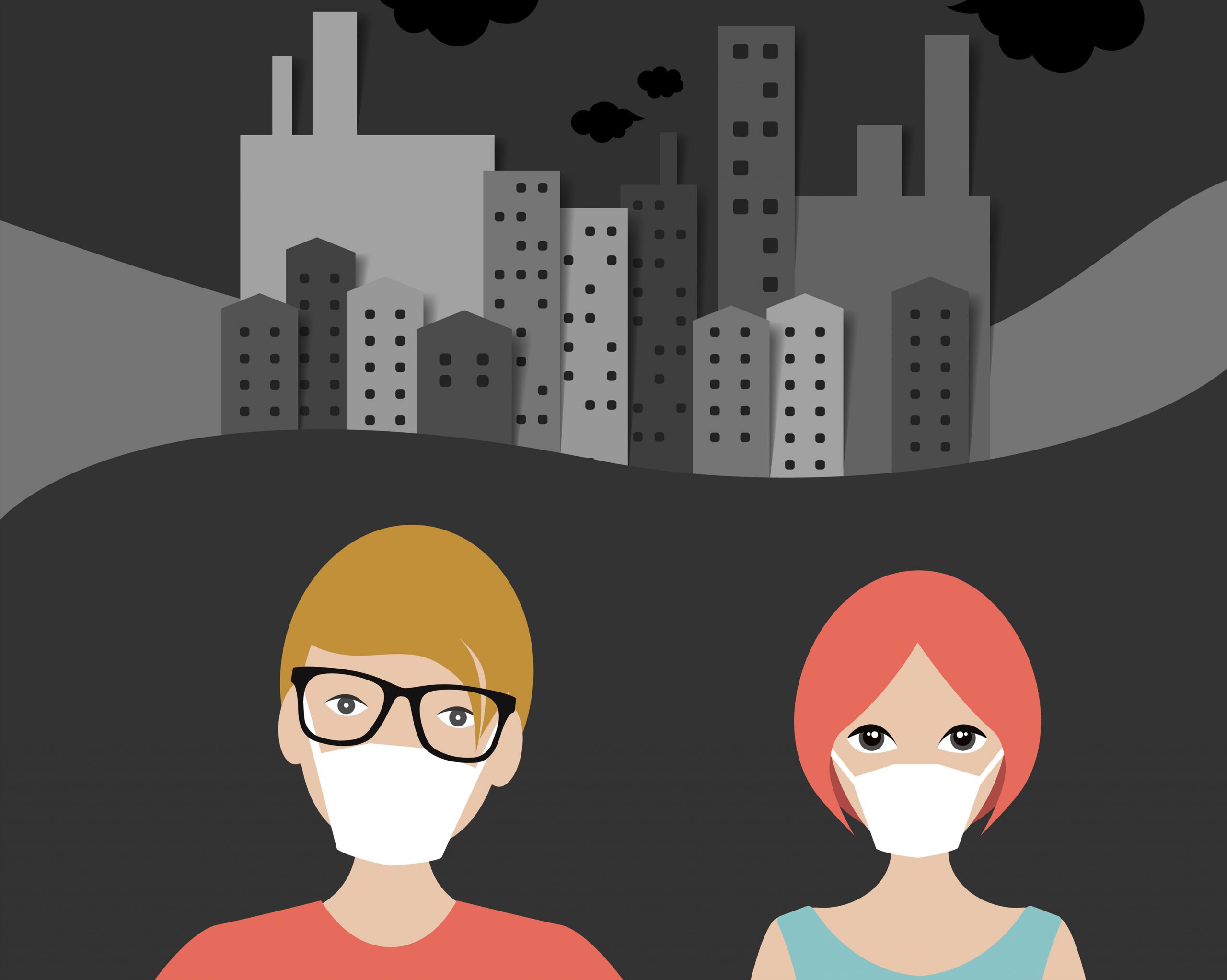Stress is considered to be a normal part of life. Stress under manageable limits increases alertness and performance. However, uncontrolled stress can lead to many health problems such as diabetes, hypertension, obesity and heart disease.
Common symptoms of stress include anxiety, fatigue, sleep problems, upset stomach, chest pain, etc.
Signs of Work Stress
Working professionals have been experiencing increasing stress in recent times. This is due to the hectic nature of the jobs, long work hours, heavy workload, strict deadlines, job insecurity and other reasons.
Stress related problems in offices have led to many issues like arguments with co-workers, mood swings, loss of motivation and confidence, decreased performance, regular absence due to sickness, high attrition and so on.
Hence, it is very important for employers to assess the impact of work related stress and take appropriate action to protect the employees.
Effect of stress on the heart
In a stressful situation the human body releases a hormone called adrenaline that causes an increase in heart rate and blood pressure temporarily. Chronic stress can cause conditions like inflammation, high blood pressure, and low HDL or good cholesterol, which can all impact the heart and increase the risk of heart attack and stroke.
Negative mental health conditions like stress, anxiety and depression can lead to harmful responses from the body such as irregular heart rate and rhythm, reduced blood flow to the heart, etc.
It has been observed that people with positive mental health are at lower risk of developing heart disease as they have lower cholesterol, lower blood pressure and better glucose control.
Managing Work Stress
Stress can be managed by adopting regular physical activity, consuming a balanced diet and getting adequate sleep. It is also helpful to practice relaxation techniques like meditation and deep breathing, spending time with family and friends, developing hobbies, etc. to keep stress under control.
Employees suffering from work related stress also need to make some changes in their work environment to reduce their stress levels. It is recommended to organise official tasks in order of priority and take up the difficult tasks in the morning hours when the employee is fresh and active.
Advice and help can be taken from co-workers on how to handle any difficult tasks. Work should not be taken up after office hours preferably and the time should be utilised for relaxation and spending on personal activities.
Any health concerns should be brought to the notice of the human resources department in the organisation, so that they can be addressed immediately. If the symptoms of stress continue to persist over a period of time, it is essential to consult a physician or psychologist and seek their advice.
Role of family; meditation;friend; office sessions from company.


